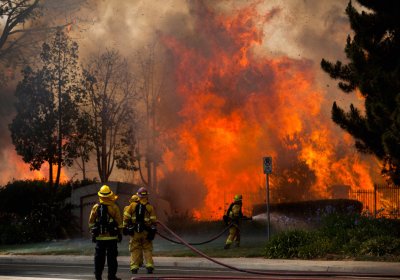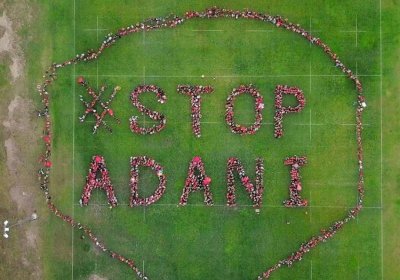The 100th anniversary of the Russian Revolution, the first socialist revolution in world history, is marked on October 25 — the date the Bolsheviks lead the revolutionary seizure of power by the soviets (councils of workers, peasants and soldiers).
Socialist activist and historian Paul Le Blanc has written a detailed overview of the revolution, from its background to its aftermath. Green Left Weekly is running it over four parts, with the first part here.











